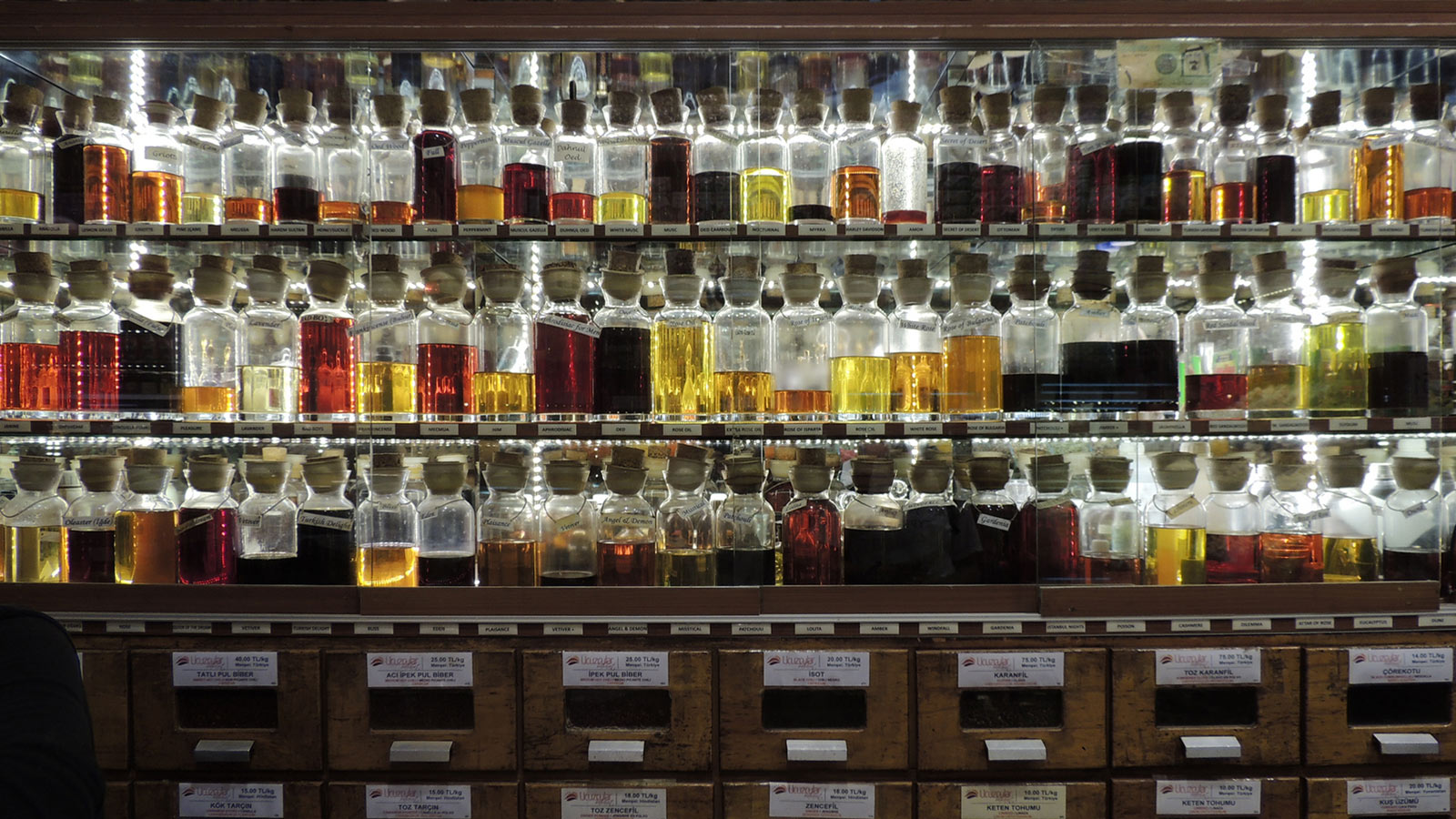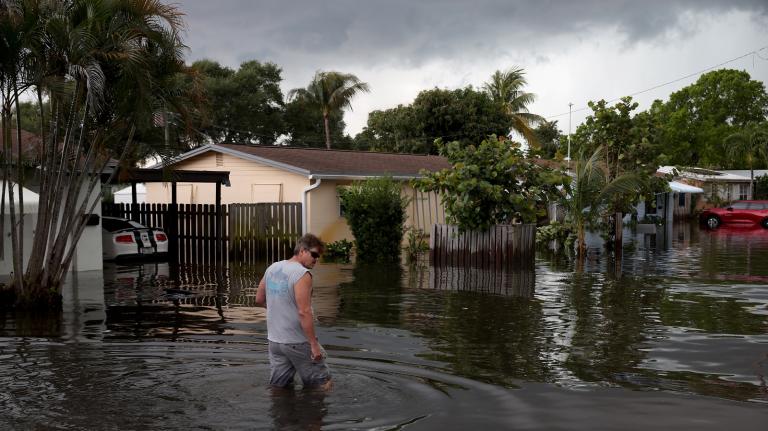Q. What are the most environmentally friendly essential oil companies? Can essential oils be environmentally friendly with the amount of plants needed for a small drop of oil? There are a lot of companies that say they’re sustainable and strive to be zero-waste, but with imports from around the world from different farms, it’s difficult to find out if all associated farms try to be as eco-conscious. And then we can even get into the labor. If some companies claim they use no pesticides and all organic practices maintained by hand, how can I be sure I’m also not supporting a slave-labor farm?
Jeannie W.
Cedar Lake, IN
A. Dearest Jeannie,
Is that lemongrass I detect wafting gently from your email? Perhaps a hint of eucalyptus, too? It’s hard to tell from all the way over here, but I’ll bet you smell terrific.
Of course, you might assure me, essential oils aren’t just about smelling nice. These plant-derived botanical elixirs have all sorts of uses, from naturally disinfecting your counters to warding off pests to treating a slew of medical conditions. And they’re darlings of the eco-conscious set because they can often replace more toxic chemicals found in everything from perfume to cleaning products. Those cute little vials sure can pack a major punch.
But as we so often discover when we peek behind the curtain of even environmentally friendly products, everything has to come from somewhere, and that somewhere is bound to cause some impacts of its own. You’re absolutely right that making small amounts of essential oil demands a boatload of origin plants, Jeannie: We’re talking 150 pounds of lavender, 2,000 pounds of cypress, and 10,000 pounds of rose blossoms to produce a single pound of ultra-concentrated essential oil. The process usually involves steaming or cold-pressing the plants to extract their elusive “essence” (natural chemicals, basically), though sometimes distillers employ solvents or carbon dioxide to get the job done.
Does this rather dismal ROI mean we mustn’t use essential oils at all? Not necessarily, in my view. Keep in mind that we should use these potent potions very sparingly – usually, a drop or two will do you – so even those little bottles should last a long time. (At $30 per .2 fluid ounces, I’d sure hope so.) And as with any renewable resource we use (trees, bamboo, wool, etc.), what really matters is that the plants that give us these oils be grown and managed in a sustainable way.
OK, well, what does that mean? you may be thinking. The answer will vary a bit depending on which plant we’re talking about, but there are a few qualities to look for. One, are the plants that produce these oils grown organically, therefore nixing the use of pesticides and protecting the health of the farmworkers and the surrounding environment? (USDA certification is excellent for this, but keep in mind that some smaller producers might use organic practices without being able to afford certification.) Are farmers managing harvests sustainably, or are they overharvesting? Is the company open about disclosing its sources? Essential oils come to us from all over the globe, so think about local sources, too, if you can find them.
Sniffing out the best of the best might involve some legwork, as I’m not aware of any third-party organization policing essential oils for us (and, as always, I’m brand-agnostic). But while you’re right that it would be difficult for us to find out if all a company’s sources are legit, it shouldn’t be tough for them. Ideally, brands will know all about their partner farms. So I’d contact any companies that interest you directly and quiz them on their sustainability and human rights practices, Jeannie. You want brands that tout their close relationships with the small farms that grow their trees and flowers; you want brands that can tell you all about the environmental practices on said farms. Also ask companies what they’re doing to protect farm workers – they should have an answer at the ready.
That said, some types of oils are associated with bigger environmental problems than others – primarily, sandalwood, rosewood, and other slow-growing trees found in the tropics. Unscrupulous suppliers contribute to deforestation through overly zealous harvesting, threatening these trees to the point where I’d be very careful about buying them, if not steer clear of them altogether. After all, there are plenty of delicious scents to use in our medicine cabinets and DIY cleaning sprays that don’t carry the putrid whiff of the disappearing rainforest, don’t you think?
Fragrantly,
Umbra




